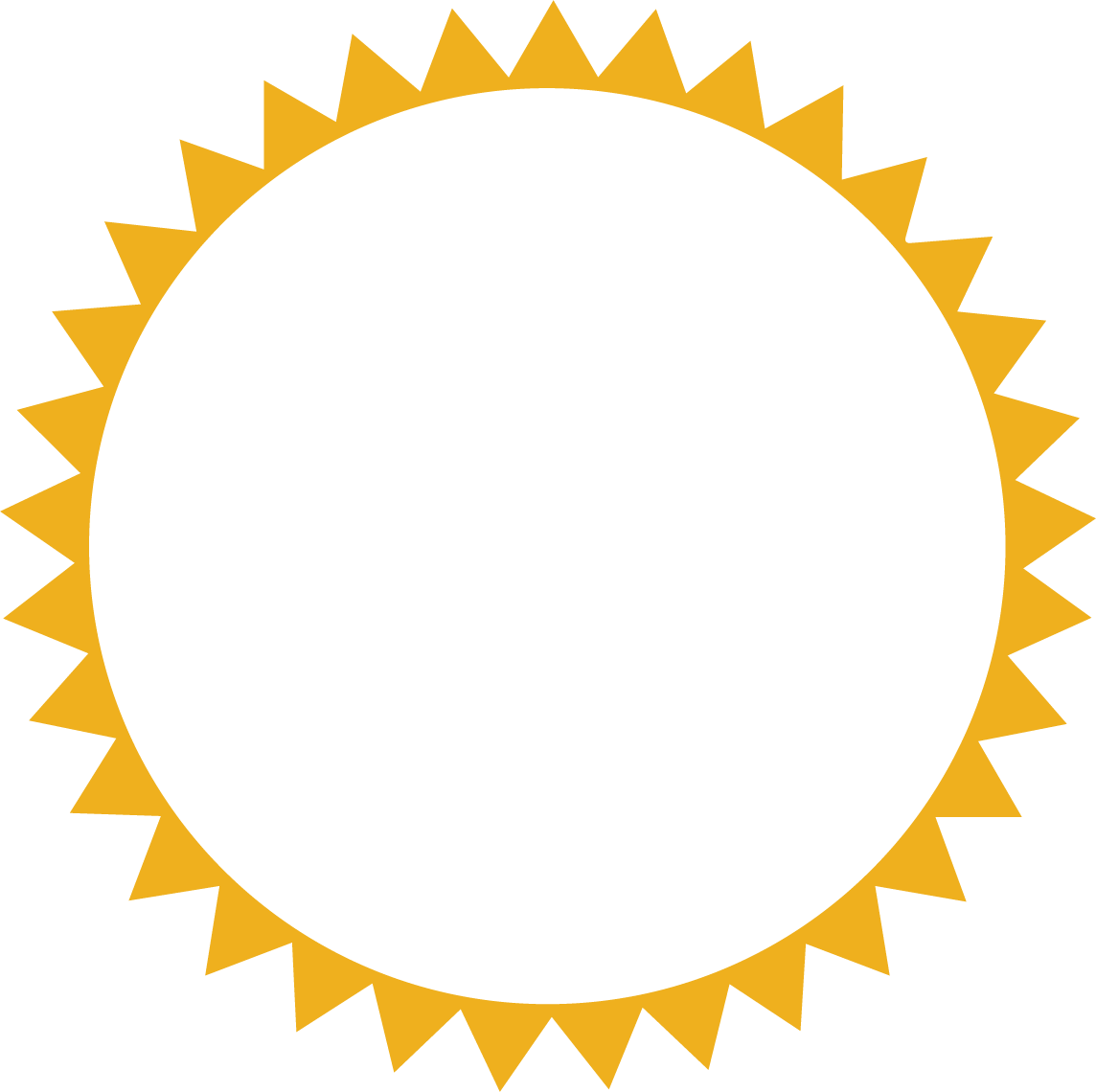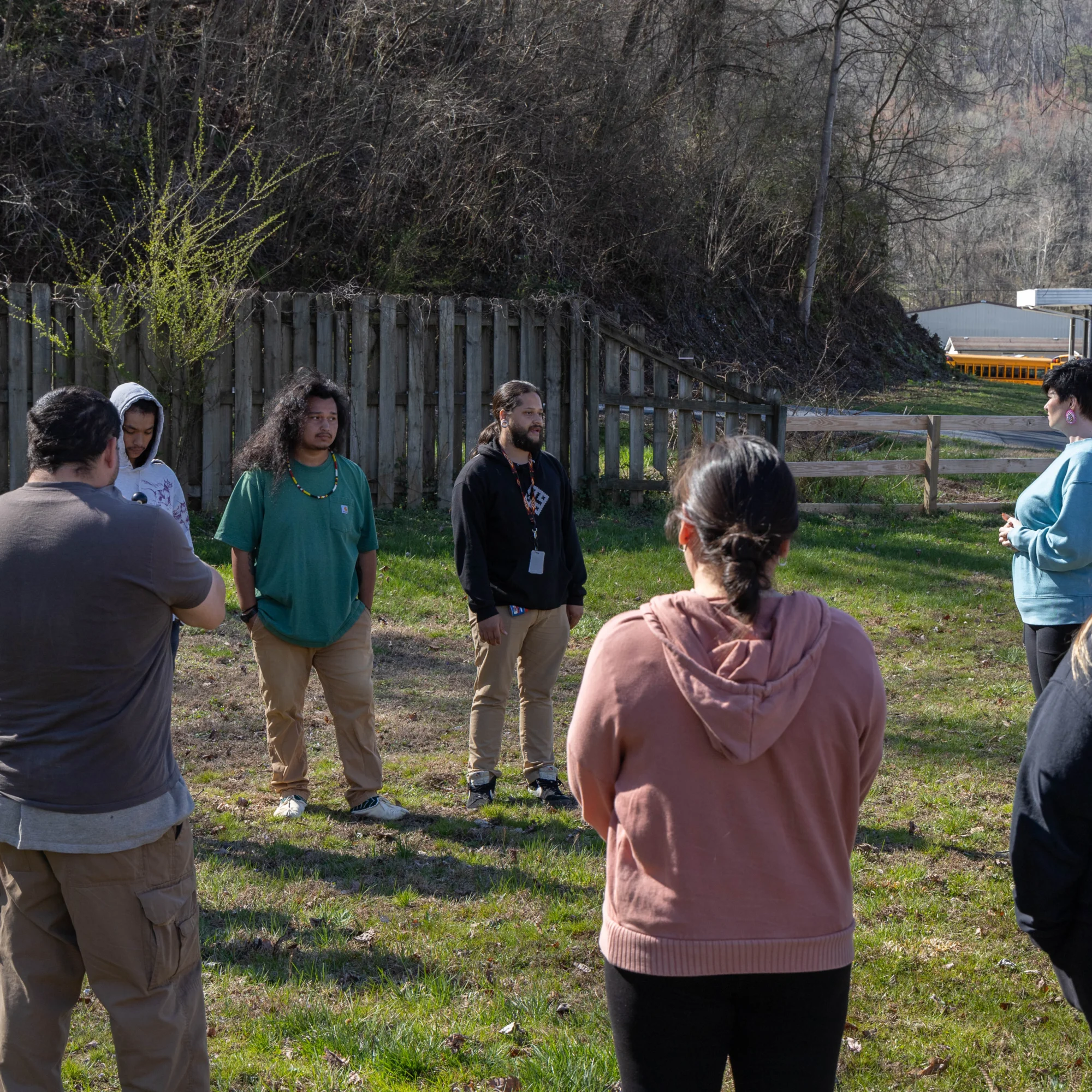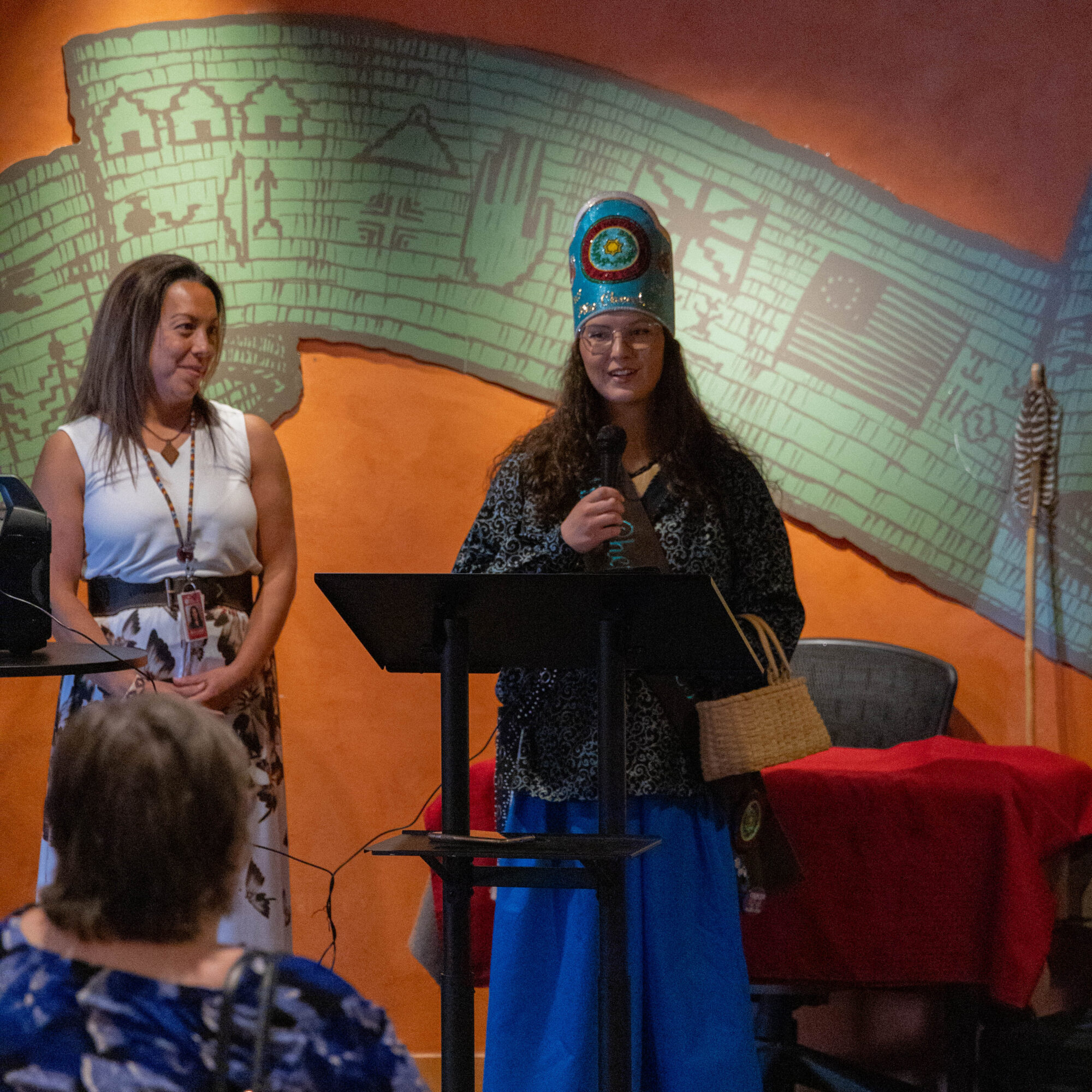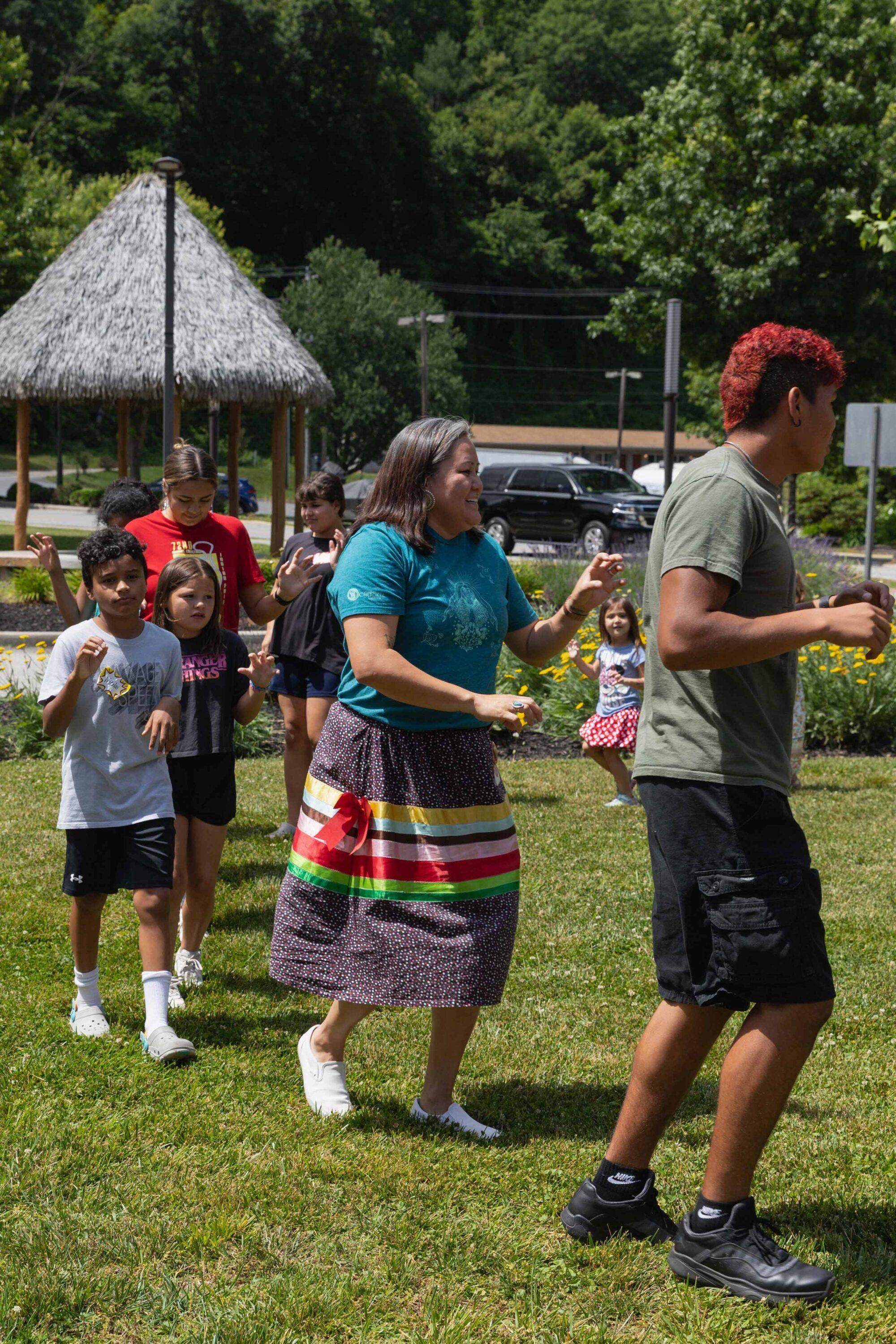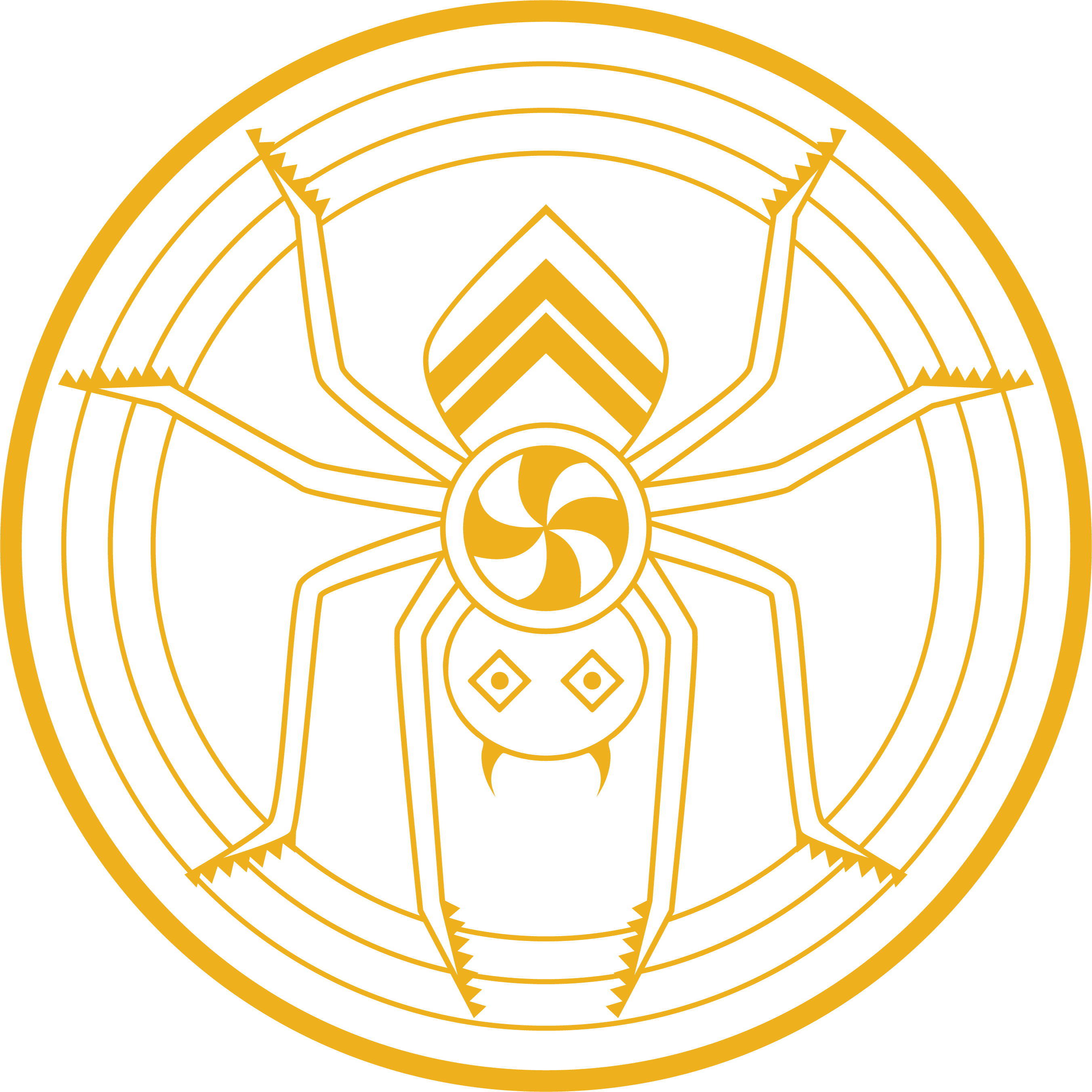A letter to our community, from Executive Director Shana Bushyhead Condill (Eastern Band of Cherokee Indians)
When I started working in museums twenty-five years ago, I had been searching for a way to let more people know that we are still here. I’ve always been a museum nerd, but didn’t consider it as a career until Danyelle Means (Oglala Lakota) came to my small university to give a talk about a new museum on the mall—the National Museum of the American Indian. That was my lightening moment when I knew what I wanted to do—how better to share knowledge and information about Native people, Cherokee people, than through museums? Places I trusted and loved.
Once I started taking classes I learned about the damage museums and the disciplines that support them, like archeology and anthropology, have done to Native communities. I had to have a reckoning with my love for museums and my love for my people. For hundreds of years, museums have been a place of trophies, a celebration of colonization and imperialism. On Christopher Columbus’s first voyage to the Caribbean in the 15th century, he kidnapped 50 Indigenous people to show in Spain—and European curiosity was piqued.
That curiosity manifested itself over the centuries with “world’s fairs” literally putting Indigenous peoples from all over the world on display, and curiosity cases filled with objects collected by Europeans who had traveled all over the world in their quest for control of these lands. These curiosity cases eventually formed into museums—the British Museum in London opened in 1753 and the Museum of Natural History in New York opened in 1869.
By this time, European contact in what would become the United States had already decimated Native populations with aggression and disease. By 1900, many estimates calculate the Native population loss to be 85% to a low of 250,000. This collecting, then, became more urgent. There was a rush to collect objects from this “dying race” before it was too late—called “salvage archeology.” These objects are in museums and universities all over the world—and include our documents, our material culture, and even our ancestors.
It’s no wonder, then, that Native people have had a contentious relationship with both archeology and museums. But enter the tribal museum—including ours. We are blessed to be one of the oldest tribal museums in the country—founded in 1948. And while our collection was started by a non-Cherokee businessman, it has always been in tribal hands. The role of tribal museums can be many things—and ours has over the years. A place of pride, a place of learning, a place of innovation, a place of protection, and a place of economic development.
We’ve had several benchmark moments in our history, with our last renovation occurring in 1998 when I was honored to serve as an intern. The mission hasn’t changed—to preserve and perpetuate the history, stories, and culture of the Cherokee people—but how we do it has changed many times.
How do we tell an authentic Cherokee story? How do we support the recovery of Cherokee traditional knowledge? How do we apply pressure to all the institutions around the world that hold Cherokee knowledge to give us access?
We have been learning so much from you all over the last year and are grateful to you all welcoming us to your meetings and spaces. We are hosting our next listening session at the Museum on Thursday, May 17th. Please come and share your thoughts and dreams about the next iteration of the Museum. And if you can’t make it that night, you can always share your thoughts via the Contact page on our website.
What makes our Museum special is you. We are fortunate to be located in a beautiful, sacred space on our ancestral homelands. And we host millions of visitors every year who want to experience this with us. We don’t have to be a typical museum—we can be our museum—as our new Cherokee name insists: this museum is ours, as Cherokee people. ᏣᎳᎩ ᎢᏗᏴᏫᏯᎯ ᎢᎦᏤᎵ ᎤᏪᏘ ᎠᏍᏆᏂᎪᏙᏗ (Tsalagi idiyvwiyahi igatseli uweti asquanigododi). You are an essential part of making our Museum authentic—for both our community, and our visitors. We love hearing from you—and your voice matters.
Members of the Eastern Band of Cherokee Indians community are invited to a Community Listening Session at Museum of the Cherokee People on Thursday, May 16 from 4pm-6pm. Attendees can view and share feedback on conceptual drawings for the Museum’s future offsite collections housing and public facility. Complimentary dinner will be served.

